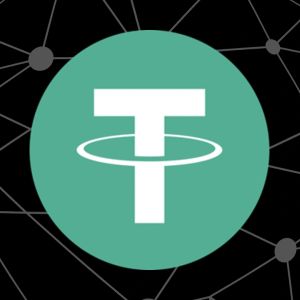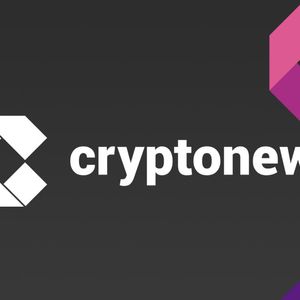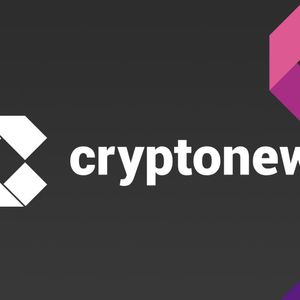In the rapidly evolving world of artificial intelligence, AI benchmark tests like Chatbot Arena are crucial for comparing the performance of different AI models . However, a recent study has cast a shadow over the integrity of one of the most popular platforms, Chatbot Arena, run by LM Arena. The findings, detailed in a new paper from researchers at Cohere, Stanford, MIT, and Ai2, suggest that LM Arena may have provided preferential treatment to certain top AI labs , potentially allowing them to manipulate their rankings on the leaderboard. Allegations Against LM Arena and Chatbot Arena The core accusation leveled by the study authors is that LM Arena , the organization behind the widely used Chatbot Arena benchmark, did not maintain a level playing field for all participants. Specifically, the paper highlights several practices that allegedly favored a select group of industry-leading AI companies, including Meta, OpenAI, Google, and Amazon. These practices, according to the researchers, amount to ‘gamification’ of the benchmark process. Key allegations from the study include: Private Testing Access: Certain companies were reportedly allowed to test multiple variants of their AI models privately on the platform before public release. Selective Score Publication: After private testing, these favored labs allegedly did not have to publish the scores of their lower-performing model variants, only revealing the results of the best performers. Unequal Battle Frequency: The study found evidence suggesting that models from certain companies appeared in a higher number of Chatbot Arena ‘battles’ (side-by-side comparisons voted on by users), giving them more data and potentially an unfair advantage in improving their models or scores. Sara Hooker, VP of AI research at Cohere and a co-author of the study, stated that only a handful of companies were aware of or received significant amounts of this private testing opportunity, calling it a form of ‘gamification’. LM Arena’s Response to the Accusations LM Arena, which originated as an academic project from UC Berkeley, has long presented Chatbot Arena as an impartial and community-driven evaluation platform. In response to the study’s claims, LM Arena co-founder Ion Stoica called the paper full of ‘inaccuracies’ and ‘questionable analysis’. In statements and posts on X, LM Arena defended its commitment to fair evaluations and invited all model providers to submit more models for testing. They argued that one provider submitting more tests than another does not inherently constitute unfair treatment. LM Arena also contested the study’s methodology and conclusions regarding battle frequency for models from non-major labs and the correlation between Chatbot Arena performance and other benchmarks like Arena Hard. A principal researcher at Google DeepMind also disputed specific numbers in the study, claiming Google had only submitted one model for pre-release testing, not the number implied by the paper. Study Limitations and Context The study authors acknowledged one significant limitation: their reliance on ‘self-identification’ by prompting AI models about their origin to classify them during private testing. While this method is not entirely foolproof, the authors noted that LM Arena did not dispute their preliminary findings when shared. This controversy comes shortly after Meta faced criticism for optimizing a Llama 4 model specifically for ‘conversationality’ to perform well on Chatbot Arena, only to not release that optimized version, while the standard release performed worse on the benchmark. At that time, LM Arena had stated Meta should have been more transparent. The current study adds another layer of scrutiny to the transparency and fairness of the AI benchmark landscape, especially as LM Arena recently announced plans to launch as a company and raise capital. Recommendations for a Fairer Benchmark The study proposes several changes to improve the fairness of Chatbot Arena: Establishing clear and transparent limits on private testing. Publicly disclosing scores from private pre-release tests. Adjusting the sampling algorithm to ensure all models appear in a similar number of battles. LM Arena has pushed back on some suggestions, particularly the idea of publishing scores for non-public pre-release models, arguing it ‘makes no sense’ as the community cannot test them. However, LM Arena has indicated receptiveness to creating a new sampling algorithm to address concerns about battle frequency. Conclusion: Trust and Transparency in AI Benchmarking The accusations against LM Arena raise important questions about trust and transparency in the critical area of AI benchmark testing. As AI continues to advance and become more integrated into various aspects of technology, the methods used to evaluate AI models must be perceived as fair and impartial by all participants. The study highlights the challenges organizations face in maintaining neutrality when dealing with powerful AI labs and underscores the need for clear, publicly available policies regarding testing, data collection, and score reporting to ensure benchmarks like Chatbot Arena remain reliable indicators of AI performance. To learn more about the latest AI market trends, explore our article on key developments shaping AI models’ features and institutional adoption.


















